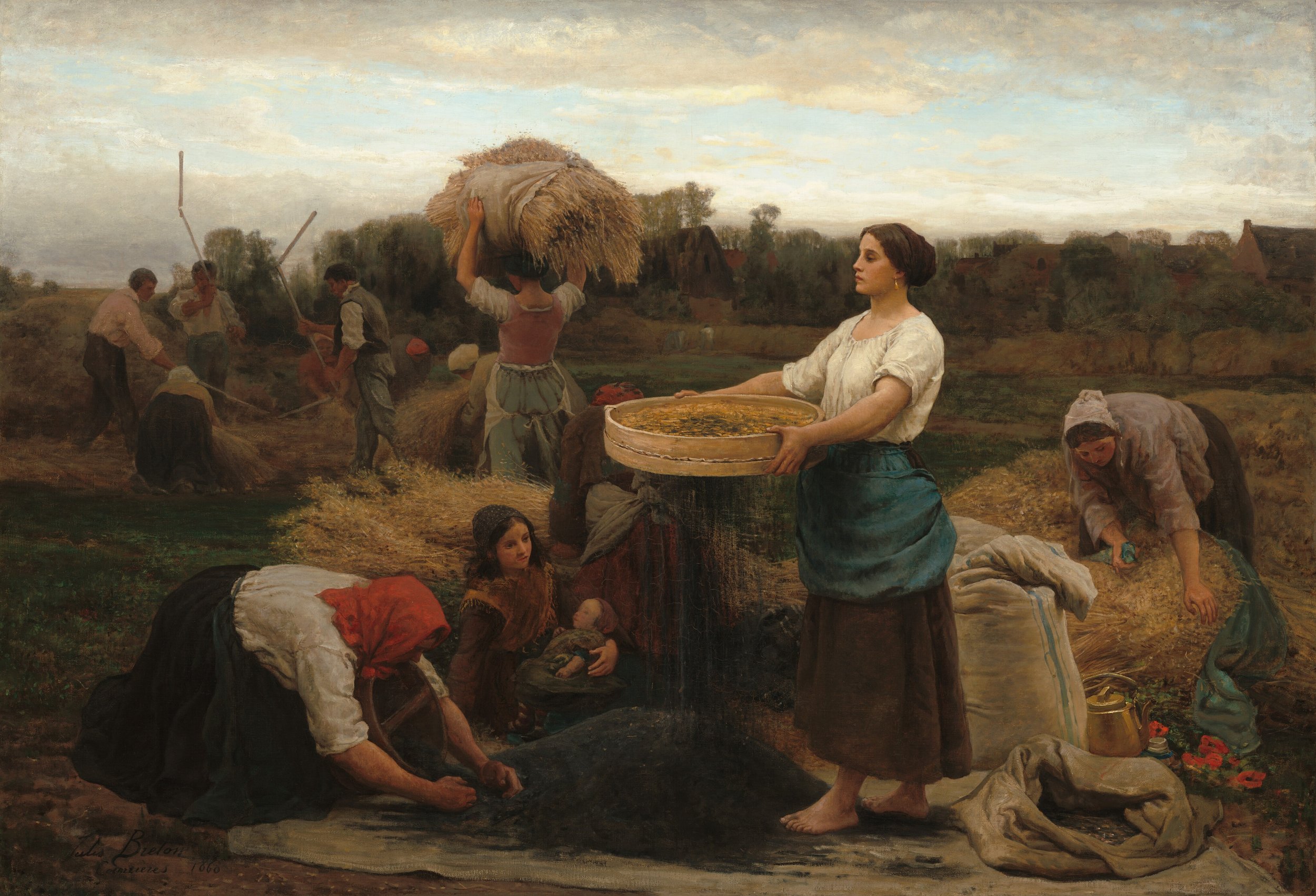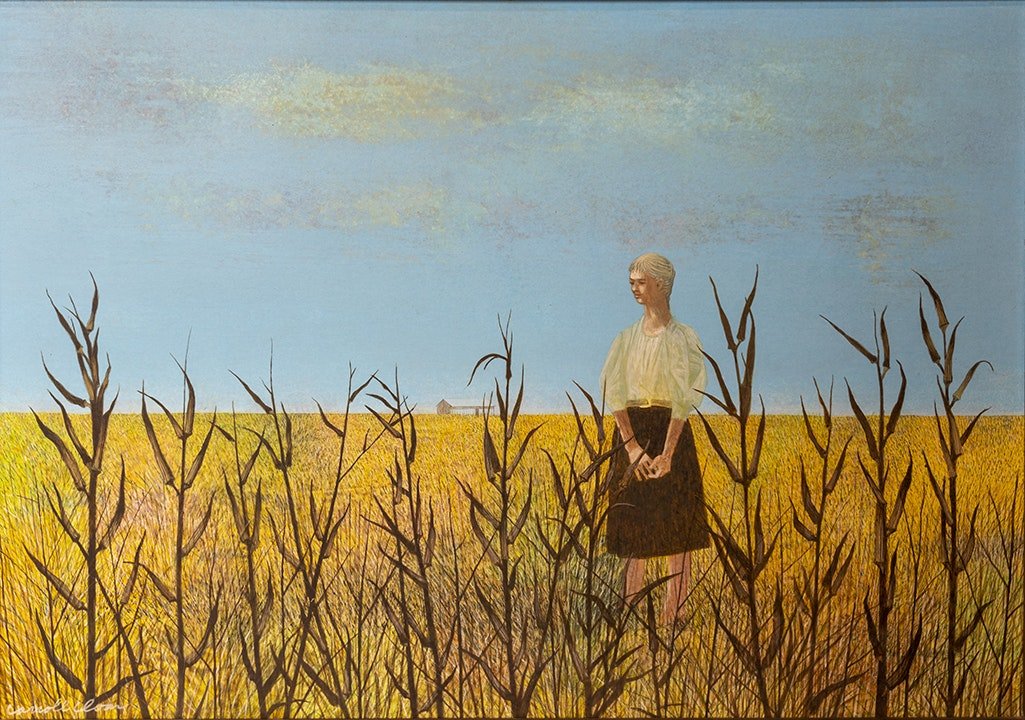Rooted Aliens and Settled Strangers
I have always admired those who don’t find it difficult to stake their ground and lay claim to a belief or path or purpose. My beliefs and paths and purposes have felt more like a long meander through a vast wilderness than a settled and rooted life. I do not romanticize the long meander, though, as some do. Sometimes I want nothing more than to be so utterly convinced of the rightness of just one thing that I care little who disagrees. This can take its form in issues of justice or politics, religion or vocation, but it is usually rooted in a deep and unshakable sense that what one is doing is the right thing to do. Vote this way, attend this church, raise children this way, be a friend that way—ultimately we are all doing what seems right in our own eyes, even if we convinced we’re the ones with the eyes of God.
What I mean when I say I admire those who think that way is that there is a constant churning within me that sees the merits of many different views, that can appreciate those who vote one way or those who vote the other, that can see the goodness of being in one church or another. It is not that I think that truth itself is relative, it is that I think people themselves are fallible. We’re all doing our best, according to our experiences, beliefs, practices, parentage, and historical, geographical, and social location. But we all see through a glass darkly and we ought to beware those who pretend to not. We ought to do what seems right, but not pretend it is perfect.
Quilts, Carroll Cloar, 1963
One reason I think it’s helpful to understand our specific personalities is because it’s going to inform the way we absorb information and then disperse it again. Some absorb information and use it to help others. Some absorb and use it to correct injustice. Others absorb and use it to prevent dangerous situations. Still others use it to try to understand the world in a more exacting way. None of those are necessarily better or worse than the others, and each of them are necessary in order for our world to be healthy and whole. Paul said as much to the Corinthians, “The eye cannot say to the hand, ‘I don’t need you!’ And the head cannot say to the feet, ‘I don’t need you!’…Now you are the body of Christ, and each one of you is a part of it.”
My specific personality tends to see all parts of the body as both equally and unequivocally necessary. I don’t find more virtue in a hand than in an eye than in a foot or a neck. It is difficult for me to see how even a hand that has been used to harm isn’t still capable of healing. Ronald Rolheiser wrote, “We are better persons when we carry tension, as opposed to always looking for its easy resolution.” It is easier to resolve the tension wherever we find it, to reduce, distill, and refine—all of which are another way of saying “to make smaller.” But it is better, I think, to stay in it.
I am still thinking about Lewis’s words that I shared a few weeks back, “Good, as it ripens, becomes continually more different not only from evil but from other good.” This is what Paul was saying, I think: hands and eyes and feet and necks are all completely distinct from one another, and no one would confuse one with the other, but they are still all good and the moment we forget that, we leave the tension necessary for our growth and our worlds good.
And yet I persist in thinking and acting like, if for instance, I am a left shoulder, the hands are better and more right than me, or if I am a right knee, the left elbow has more purpose than me. Even though I believe we are all needed and necessary in order for the world to move increasingly toward the coming King, I still can’t help but worry that my particular place in the world is somehow left better rendered invisible. It is the settlers who build and the rooted who have a home, it is the cities that rule and the capitals that make law, the societies that influence and the medias that inform—these are the spaces of real change, real action. Yet, in my soul, I agree with Peterson that “the pastoral itch to be where the action is should be resisted.”
Note in Blue and Opal the Sun Cloud, James Abbott Mcneill (whistler)
Much of the last few months have been me relearning to hear and value my own voice. Some of you might blanche at that, whisper among yourselves, “Is this the start of her mytruthing all over everything? Is this how it begins?” To that I say, Lord, no. What I mean is that I can so admire those entities above for what they do in our world, how they inform, rule, build, and root, that I can forget there is value too in the strangers among us, the exiles, the wanderers, the outsiders, the marginalized, and immigrants. And not just in the very real sense of the marginalized and immigrants, but in the spiritual sense as well because I believe if we’re followers of Jesus, we’re all exiles and immigrants and aliens in this world.
So the hand of a Christian looks very different than the hand of an unbeliever, and what it does in the world looks different too. It is sometimes willing to act like a foot or a head or diminish itself to a pinky finger. The body of a believer does not always look like the body of an unbeliever, but sometimes it does not even look like the bodies of other believers. (You should be carrying Paul’s allegory of the body forward with us here because of course all hands look more or less alike.)
Returning to the beginning, I admire the sure and certain, but I have found that admiration to actually be a downfall of mine, and this time of hunkering down and retreating back has reminded me of that. I find myself jarred now when I encounter people shoulding all over everyone else now because my ears have been tuning themselves into the still small voice of God in my own life and work, and I feel more purpose around my own work.
As I consider entering back into the fray of work, emails, media, interviews, writing, and releasing a book, I’m asking the Lord to keep my ears tuned continually to him and not to culture wars and performative allyship and click baits and marketing means and whatever words are being used to grab the attention of passers-by. I’m too easily convinced that what happens in the cities of our world matters more than what happens in the gardens. And if the past few months have taught me anything, they’ve taught me the very great value of a quiet and hidden and dying seed in a scape of skyscrapers.
























